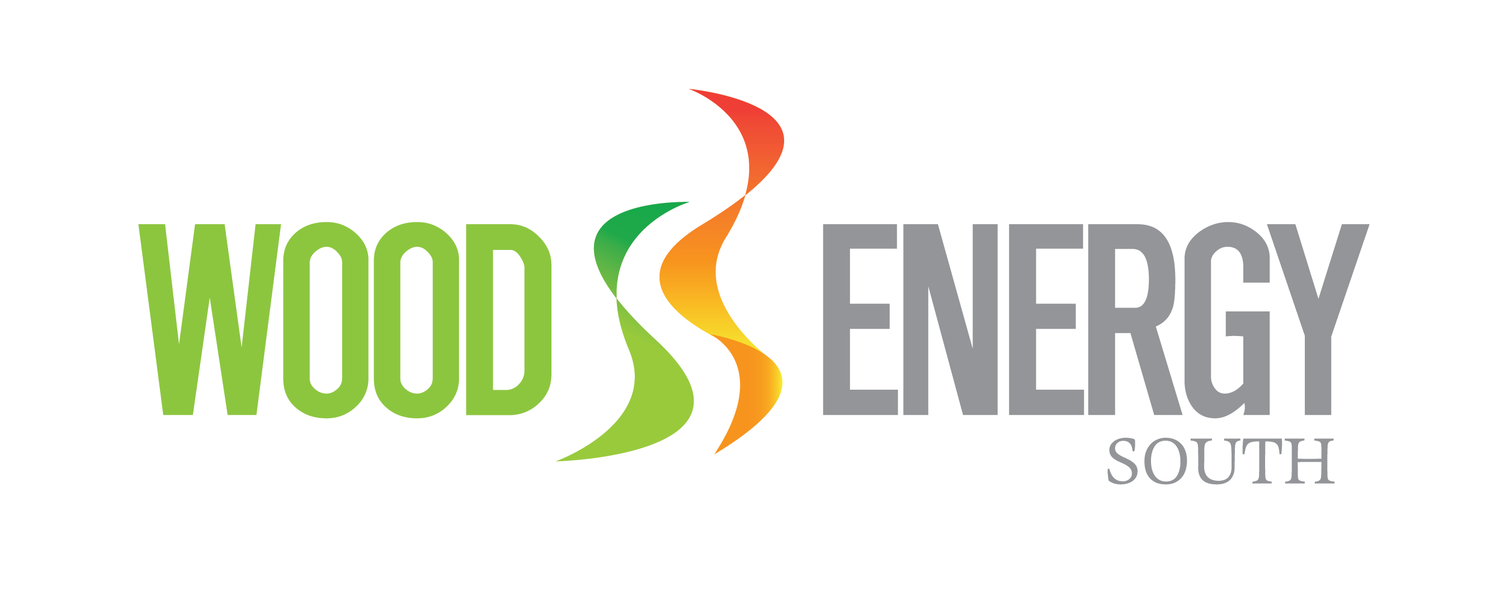To meet the requirements of objective 5 Venture Southland has identified the need to work closely with Environment Southland in regards to the Southland air plan changes. The programme will closely align with the Environment Southland air quality process and the aim is to ensure that heat plant investments comply with the air plan for Invercargill city, Gore and other communities in Southland. Environment Southland is currently implementing their domestic air plan and will focus on building capacity in alternative heat plant solutions for upcoming air regulations. Venture Southland have met and discussed the opportunities for the Southland Regional Renewable Heat Hub project to assist in the implementation of regulatory standards. Venture Southland has been requested to report on the project to the Environment Southland Council and to engage in further consultation.
Consultation to date:
Rob Phillips CEO Environment Southland
Vin Smith Director - Policy, Planning and Regulatory services
Venture Southland will report to the Environment Southland Council to present the regional project and discuss air quality plans for the region 1 October 2014
Southland Air Quality Plan - Provisions relevant to biomass boilers
May 2014
The Resource Management Act 1991 (RMA) is the overarching legislation for managing discharges to air. The National Environmental Standards for Air Quality provide an absolute baseline for acceptable effects. Under the RMA, regional councils are responsible for managing air quality and ensuring air quality standards are met within their regions.
In Southland, discharge of containments into the air from biomass boilers is managed through the Southland Air Quality Plan (March 1999).
A biomass boiler with a capacity of < 5 MW is a permitted activity (air discharge permit is not required) and boilers with a capacity > 5 MW is a discretionary activity.
The following rules apply:
“Rule 5.5.2 Discharges of contaminants into air from the following activities are discretionary activities
(2) Any combustion processes, not otherwise specified or described in this Plan which singly or together can be used to burn combustible matter:
(a) for any purpose at a rate of heat release exceeding 5 MW, where fuels other than refuse or trade wastes are burned;”
“Rule 6.5.2 The activities set out hereunder shall be discretionary activities:
(2) Any combustion processes (including but not limited to heating processes for hospitals, schools, municipal buildings, commercial premises, swimming baths, airports, etc.), not otherwise specified or described in this Plan, but which singly or together can be used to burn combustible matter:
(a) for any purpose at a rate of heat release exceeding 5 MW where trade wastes and municipal or trade refuse are not incinerated;”
Air Quality Plan Review
The Southland Air Quality Plan is under review and will progress in the following two stages:
1. Stage 1 – a plan change for domestic heating will be notified in August 2014. Domestic heating is the priority issue for the region as it represents the greatest source of PM10 in the region (95%) and is unregulated.
2. Stage 2 – a review of fuel types (for example Kaitangata and high sulphur coals)
3. Stage 3 – a review of the industrial provisions will be initiated in late 2015. Discharges from industrial premises are few in number and currently regulated in Southland. Industrial and commercial sources of PM10 account for 6% and 1% of total PM10 emissions.
